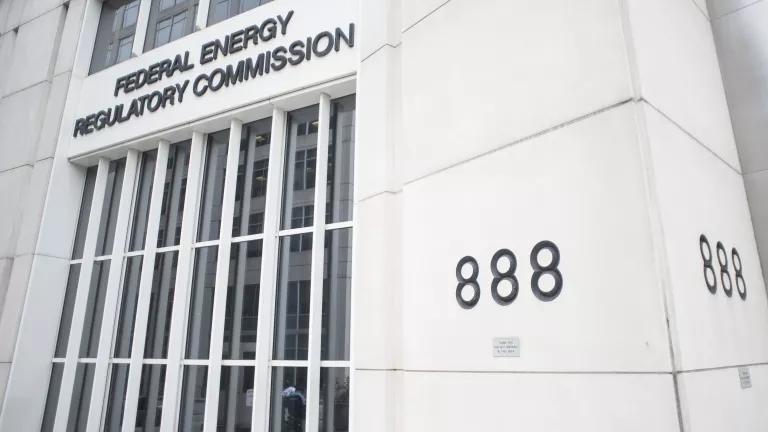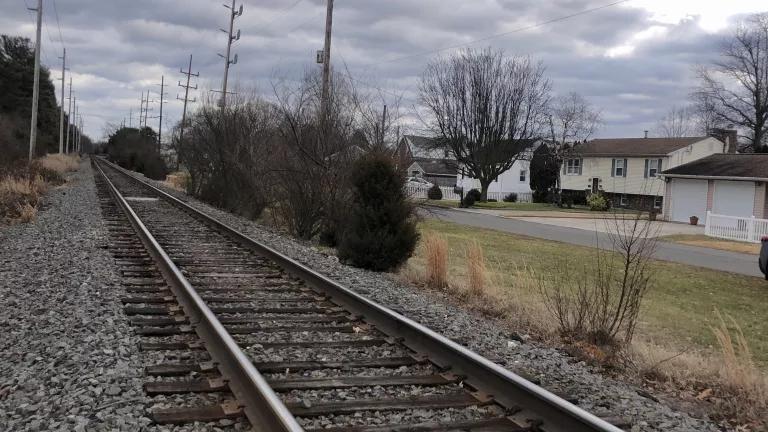The Washington Post's Joel Achenbach wrote a new book that's probably worth a read, "A Hole at the Bottom of the Sea: The Race to Kill the BP Oil Gusher." It got a good review from engineer and professor Henry Petroski, and this excerpt is certainly riveting.
It was, as readers of this blog recall particularly well, a huge ordeal for the Gulf and the nation. And yet with prices up at the pump opportunists on the House Natural Resources Committee rolled out three new bills to accelerate more production in the Gulf and other locations such as Virginia and the Arctic Wildlife Refuge in Alaska. This, of course, called for a subcommittee hearing this morning.
Four witnesses -- two from Louisiana, one from Virginia and one from the Oceans Conservancy -- discussed the bills with the committee. Predictably there was a lot of hot air about reducing gas prices.
There was also some talk about the economic benefits of increased drililng to Gulf states. Fortunately, physicist and conqueror-of-the-computer-on-Jeopardy Rep. Rush Holt *(D-NJ) asked an astute question about the incomplete economic analysis underpinning advocacy for the bills. Witness testiomony described potential increases in jobs in the oil industry, and some of the indirect effects such as worker spending elsewhere in the economy. And of course there is the benefit to oil company bottom lines.
But is a key tradeoff examined, namely the potential harm to fishing, recreation and tourism? And of course these industries also have indirect effects via workers spending elsewhere as well as hotel construction. We certainly learned the hard way last year that when these businesses struggle many jobs and economic benefits take a hit. Is there an analysis of the net benefits, given the added risk to these other industries?
The answers were not encouraging.
The issue of energy independence was invoked my Members and testimony. But as we know from Canada and the UK, in the context of a massive global oil markeplace this is not the road to energy independence let alone lower gas prices. And of course the impication that we're "tying our hands" regarding oil drilling in the U.S. is nonsense, as I've written before. Members are hoodwinking constituents on all these counts.
It’s not even the route to safe and responsible energy production, as the Oceans Conservancy witness pointed out. To make production as safe as it is in other industrialized nations, as my colleague Regan Nelson has described (and as provided for in Rep. Markey's H.R. 501), there are a set of commonsense steps recommended by the Oil Spill Commission that would dramatically reduce the chances of another Deepwater Horizon disaster in the future. The Administration can also get to work without waiting for Congress, as NRDC Executive Director Peter Lehner has written on these pages.
The simple truth is that, no matter the number or depth of additional holes, we can't drill our way out of our oil addiction.


